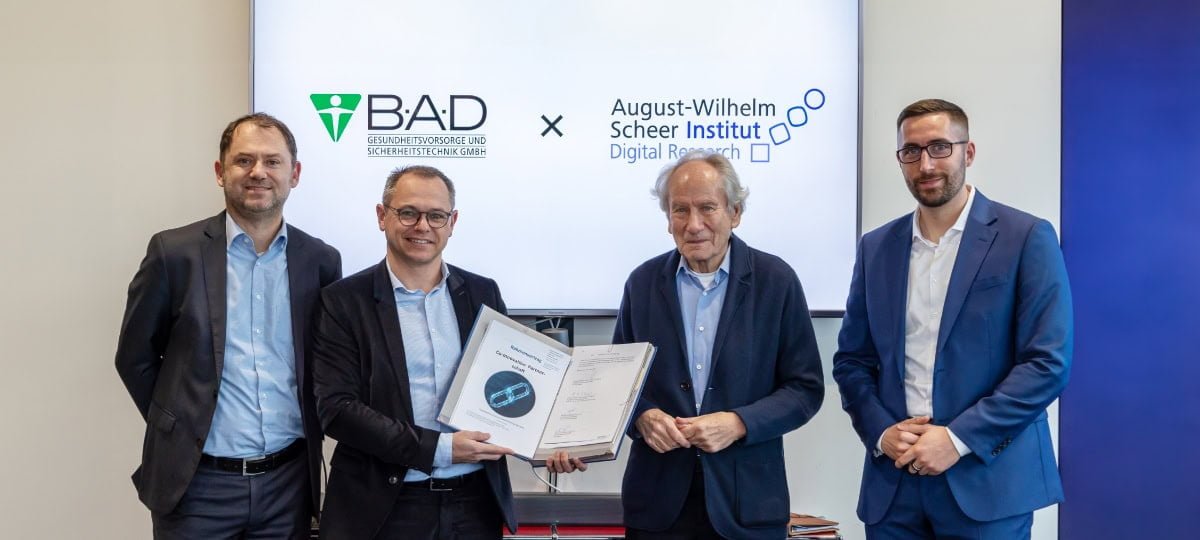Open horizons instead of narrow borders


Every change to the business model, to the corporate structure, to the processes, to the products and services is reflected in adjustments to the SAP system. In itself, this is nothing new.
And yet, for many established companies and industries, digitization is bringing about a decisive change through new digital business models: the incomparably higher speed of change compared to the past.
Opportunity: Agility
In itself, higher cycle rates are no longer anything new, even in development. Agile development methods are almost part of the standard repertoire here. Development jobs are divided into small portions, tested for errors and quality in firmly institutionalized feedback loops, and finally delivered at short intervals.
Permanent cooperation in iterative processes with horizontally distributed responsibilities instead of a juxtaposition in logically sequential but clearly separated steps and hierarchical structures is everyday life in many IT departments today.
DevOps represents a combination of agile development, a culture of collaboration between equally responsible team members, and finally the automation tools to match.
The advantage: Instead of spending a lot of time and personnel effort on rework, development can be consistently geared forward to the latest business requirements. Companies become more flexible and agile overall, while IT can continue to play its full strategic role in the age of digitization.
Risk: Complexity
Why is this brave new world not yet a reality in all SAP teams? SAP systems are highly complex and the individual functions have an almost unmanageable number of dependencies, including with third-party systems, so it is entirely rational to choose and pursue a rigid approach designed for the most seamless control possible.
In this complex world, where even small mistakes can have catastrophic effects, it seems best to first complete development, then put it through its paces, and finally orchestrate SAP transports perfectly.
However, more and more existing SAP customers are realizing that they are depriving themselves of important value creation potential if they do not replace this rigid approach with DevOps.
Especially for companies planning an S/4 migration, there is an opportunity to do so. S/4 is not just a tool, but a catalyst for digitization.
This is not just about technologies, but also about processes and about meeting the culture of the digital economy in terms of agility, flexibility and speed.
Here, DevOps is the tool of choice in SAP development and operation. This also applies to existing SAP customers who continue to operate their existing systems. The culture of the digital economy applies equally to all.
Advantage: Automation
For DevOps to succeed, there needs to be extensive automation of processes, especially in testing changes and orchestrating SAP transports.
Customer projects show that up to 95 percent of all manual interventions can be automated and changes can be delivered up to 50 times faster. At the same time, quality increases.
Customers report up to 70 percent fewer failures and downtimes in production systems. This is already a reality. Existing SAP customers such as P&G, BP and Honda confirm this automation trend.
DevOps is the future in SAP departments, leading the digital transformation of existing SAP customers and their migration to S/4 to success. Read about the scope of an integrated delivery chain and how to close the gaps in the SAP delivery process in the October issue.





